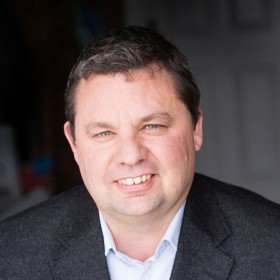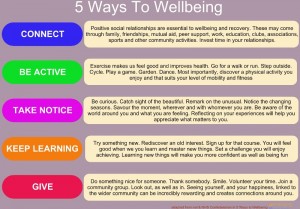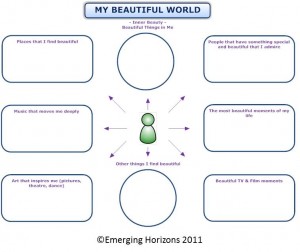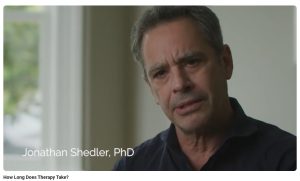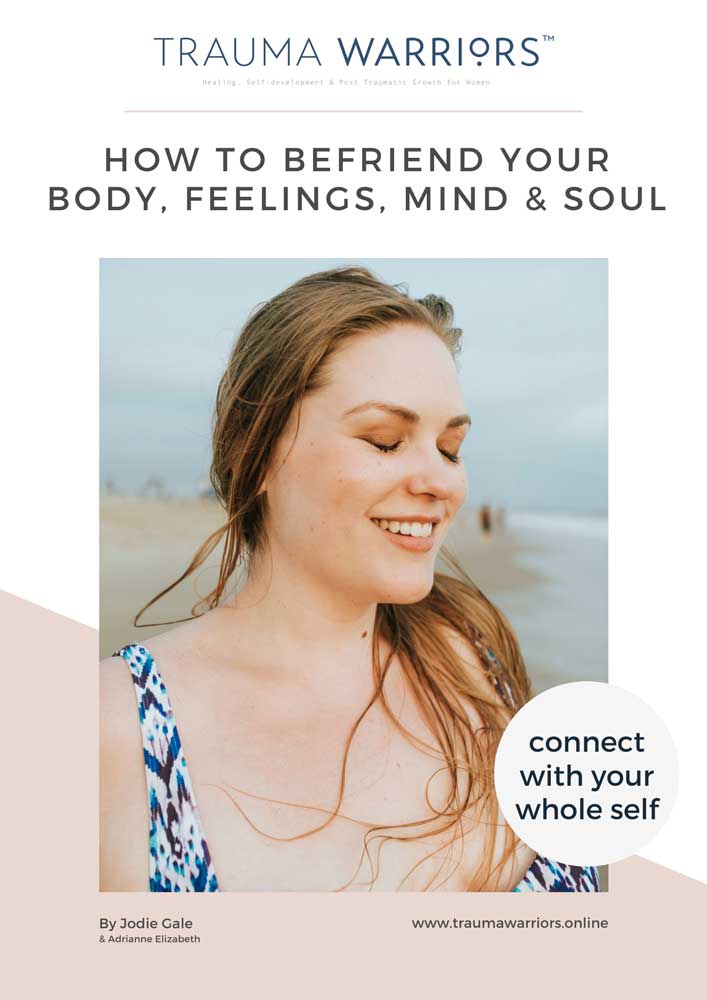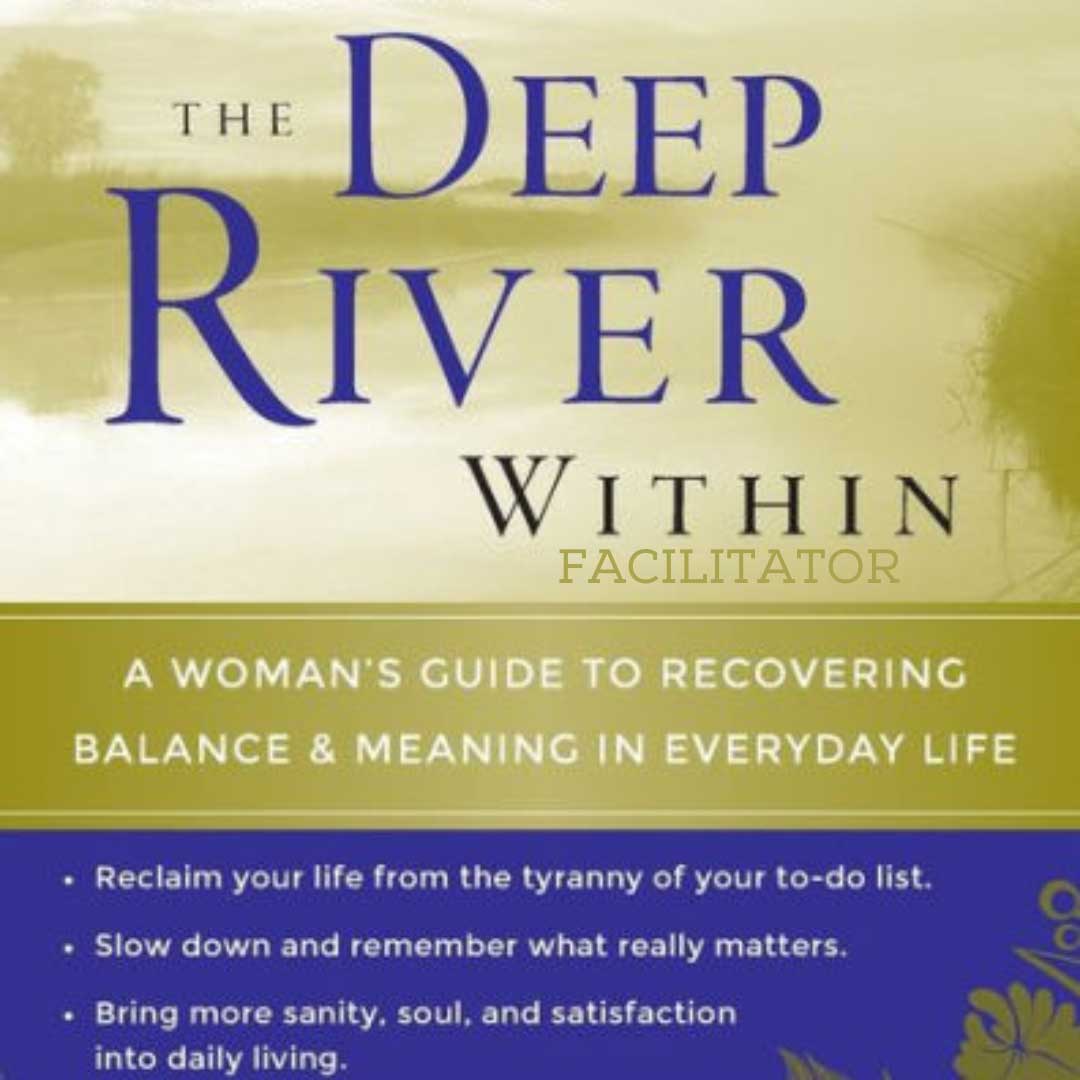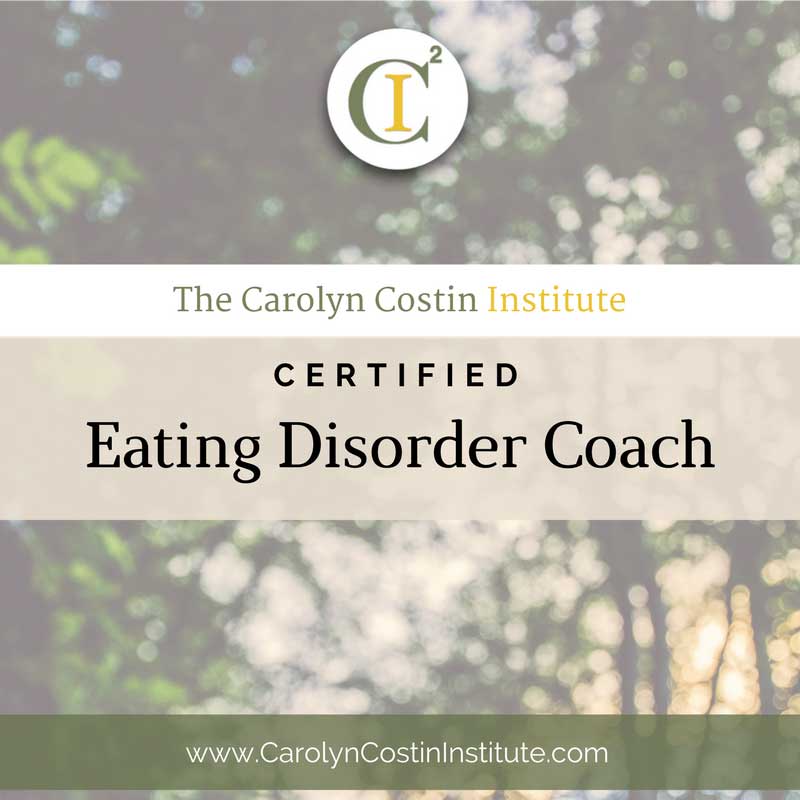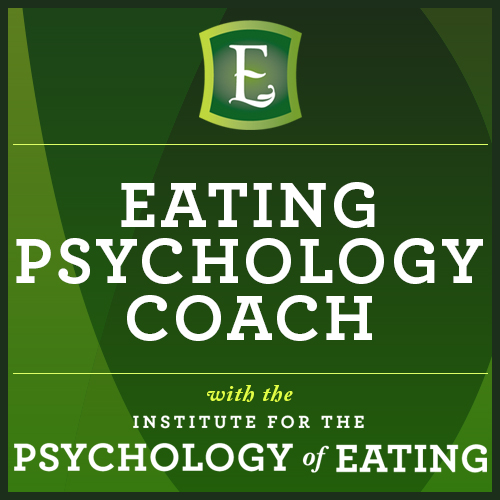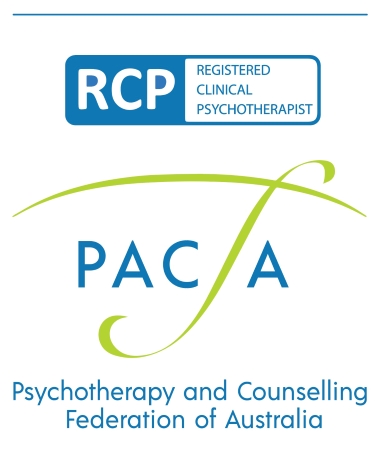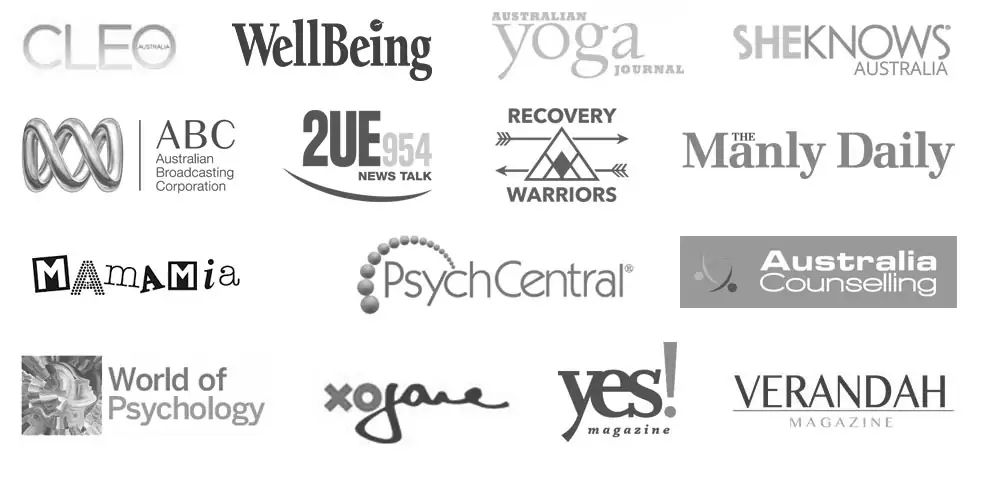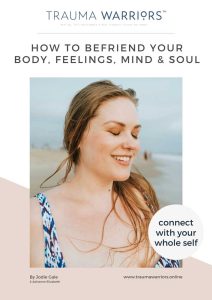This is a guest blog post on addiction recovery by Damian Grainer, UK Addiction Specialist, Therapeutic Counsellor, Coach and Trainer at Damian Grainer Coaching.
Addiction recovery: the starting point for recovery is hope, not abstinence
“You cannot transmit wisdom and insight to another person. The seed is already there. A good teacher touches the seed, allowing it to wake up, to sprout, and to grow.” Thich Nhat Hanh.
For me the starting point for recovery is hope, not abstinence. I see it as my job, and that of any counsellor or psychotherapist, to hold hope for the individual seeking recovery, until it can be fully internalised and experienced by the individual, whose current perception of themselves is often one of failure, helplessness and shame. Hope can be nurtured by exposure to success – people who have done it themselves and where recovery is visable.
Psychosynthesis psychology has a wonderful concept known as bifocal vision. Bifocal vision involves seeing both the being – with emerging purpose and immense potential – and also the person as they present in the here and now, with their current struggles and difficulties.
When working with any addiction it is always worth noting:
- Everyone can recover
- Not everyone will recover (but the majority do overtime)
- We don’t know who will recover
- So…give everyone a chance to recover
Far too often, I find practitioners who have set “glass ceilings” for their clients, often citing the client’s complexities of need or lack of motivation as the reasons why they cannot progress any further. If there is no hope, there is no motivation. If there is no vision, no purpose and no meaning, then sustained motivation is unlikely. There is growing evidence of the significant impact that the therapist’s own expectations have on efficacy of interventions and this is particularly so in addictions.
“If you treat an individual as he is, he will stay as he is, but if you treat him as if he were what he ought to be and could be, he will become what he ought to be and could be.” Goethe.
Recovery capital in addiction recovery
A concept that has gained great ground over the last few years is that of ‘recovery capital’; a term used to describe the collection of personal, social and community resources that are available to individuals to help start and sustain recovery journeys. It is a way of looking at the strengths and assets that individuals have. For example:
I get up in the morning because I have to, I have a vested interest in my work and my family – this is part of my capital. Relationships and community ties are some of the things that help me to manage and adapt to adversity and the unexpected.
If the individual suffering with addiction had no resources, no social buy in, why would they give up the one thing that in the short term comforts them and provides them with some purpose or connection?
Positive psychology and the 5 ways to well-being
“If what we focus on is magnified by our attention, we want to be sure we are magnifying something worthy.” Sue Annis Hammond.
Whilst it is important to acknowledge someone’s suffering with attention and compassion – of equal, if not greater importance, is to recognise their qualities, strengths and their gifts to the world. This is especially pertinent when the individual is highly self-critical, may lack confidence or is trying to find evidence to confirm their self-limiting view of themselves and the world.
The New Economics Foundation (NEF) was commissioned to develop a set of evidence-based actions to improve personal wellbeing. The NEF completed a large scale analysis of research on wellbeing, with a particular focus on ‘Positive Psychology’. Having come up with a list of the key common findings, they were tasked with reducing these down to a simple and workable message that would support people to adopt behaviours that promote wellbeing, in a similar way that the public health message of ‘5 a day’ aims to encourage healthier eating.
This work led to the development of the 5 Ways to Wellbeing.
What has been interesting is how quickly this has been adopted by the growing recovery movement in the UK; both mental health & addictions. Last week I was training a recovery coach, who self-managed his own recovery, exclusively using the 5TWB, monitoring his life around these 5 core behaviours.
The importance of relationship, connection and belonging
Holt Lundstad et al (2010) showed that having supportive relationships was a bigger predictor in decreasing mortality than giving up smoking. The importance of authentic relationships (quantity and quality) is essential to wellbeing. It is especially important for individuals addressing an addiction where their social needs and identity may be intimately linked to the culture of addiction they have lived in – with its rituals, beliefs, roles and relational networks.
Connecting or being connected works on a multiplicity of levels and is both intra (within) and interpersonal (between). For the person suffering with addiction, it is about building or utilising existing networks of support, be that through family, friends, peers, mutual aid groups, the wider recovery community, community groups and associations. It is also about overcoming the possible barriers to relationship and connection: shame, stigma, attachment difficulties, limiting core beliefs, issues of trust, pride and social competence.
For the counsellor and psychotherapist, ‘connect’, is as much about how they connect to the client as to how they are connected in their own lives. I believe that the more connected we are, the more likely we are to create the conditions where the client is empowered or supported to establish new and/or rebuild existing connections that support them in their chosen life journey.
Having a sense of autonomy is also important in overcoming addiction. Paradoxically the greater our sense of belonging, the greater our sense of autonomy is likely to be. Because connection is so important, I would suggest that a more proactive approach to working with the client’s network of support is called for. Examples of this would include incorporating social behaviour network therapy and/or systemic therapy as standard practice in addiction treatment along with interpersonal effectiveness skills.
Spirituality and mindfulness are essential to well-being and addiction recovery
“…the ability to be aware of your thoughts, emotions, physical sensations and actions – in the present moment – without judging or criticising yourself and your experience.” Jon Kabat-Zinn.
From a holistic perspective, it goes without saying that diet and physical activity play a key part in wellbeing and addiction recovery. For me, the application of mindfulness based psychologies and teaching to support the maintenance of recovery, resilience and wellbeing is also key and should now be the norm and a definite in any credible relapse prevention program.
In addition to mindfulness training, a willingness and ability to appreciate beauty and experience moments of awe – which often connect us to a deeper sense of who we are – also supports and enriches the recovery process.
Finally, it is worth noting the significance of reframing recovery as a “learning process” with opportunities to gain mastery over new skills, do what is important and experience greater autonomy with plenty of opportunities to give back and engage in altruistic activities.
About Damian
Damian Grainer (MA. Dip. Couns) is trained in psychosynthesis psychology, therapeutic counselling, life and performance coaching, substance misuse, management and engineering. He has worked across a range of substance misuse and mental health services; spanning areas such as engagement, medical and non-medical community treatment and residential rehabilitation. With particular expertise in change management and leadership, Damian has a strong track record in the implementation and turnaround of large, recovery orientated, integrated substance misuse services and treatment systems. He has special interests in group work, mutual aid, conflict resolution, mindfulness based practices to support healing and wellbeing and community development and regeneration. Damian is passionate about helping others to connect with their values, meaning and purpose and translating this into action.

